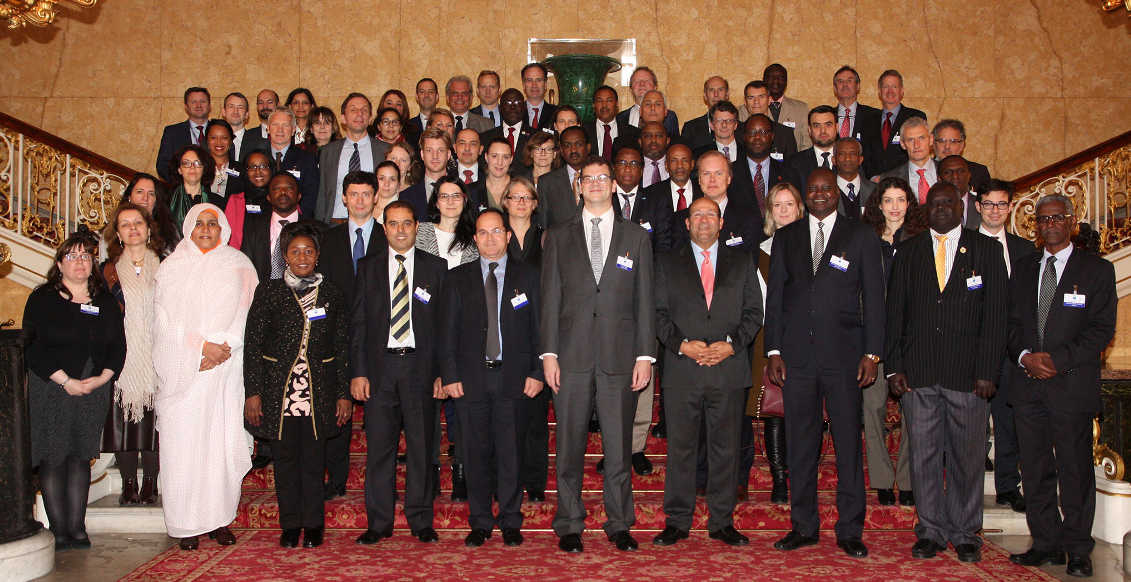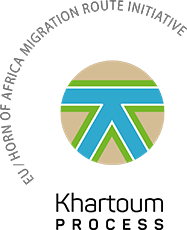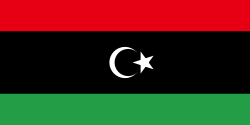Participating States
Steering Committee
The following countries are signatories of the Declaration of the Ministerial Conference of the Khartoum Process, also known as the Rome Declaration:
Austria, Belgium, Bulgaria, Croatia, Cyprus, Czech Republic, Denmark, Djibouti, Egypt, Eritrea, Estonia, Ethiopia, Finland, France, Germany, Greece, Hungary, Ireland, Italy, Kenya, Latvia, Lithuania, Luxembourg, Malta, The Netherlands, Poland, Portugal, Romania, Slovakia, Slovenia, Somalia, South Sudan, Spain, Sudan, Sweden, Tunisia and the United Kingdom*.
Since this Declaration, Libya was also invited as a Member of the Khartoum Process upon the establishment of a Government of National Accord, and Norway, Switzerland and Uganda have also become Members of the Process.
*Note: The UK has withdrawn from the European Union (EU) on 31 January 2020 and is no longer a Member State of the EU
Key stakeholders
Steering Committee: The Khartoum Process is led by a Steering Committee comprised of:
- six EU Member States (Italy, Finland, France, Germany, Sweden, The Netherlands)
- six African partner countries (Egypt, Eritrea, Ethiopia, South Sudan, Sudan, Uganda)
- the European Commission, the European External Action Service (EEAS) and the African Union Commission.
Chair: The current Chair of the Khartoum Process is France.
Secretariat: The Secretariat provides day to day administrative assistance to the Khartoum Process, including the preparations of the meetings of the Steering Committee and of Senior Officials Meetings. The Secretariat acts on instructions from the Chair and Steering Committee and is jointly managed by the African Union Commission and the European Commission, with technical and logistical assistance provided by ICMPD through the Support Programme of the Africa-EU Migration and Mobility Dialogue (MMD).
ICMPD supports the Khartoum Process Secretariat by:
- providing logistical and technical assistance in support of the implementation of activities;
- providing background research, data collection and analysis for the preparation of tasks and activities;
- providing coordination to ensure coherence within and across the MMD components, especially through the MMD Dialogues (Continental Dialogue, Khartoum Process and Rabat Process).





















































